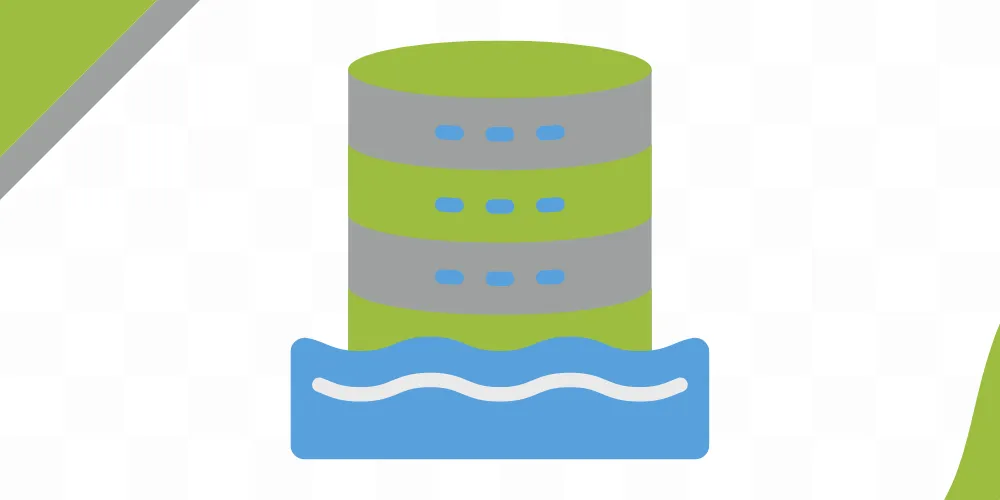
The role of data lakes is very significant. The ability to gather more information from even more sources in little time, as well as enabling people to interact and analyze data in new ways, translates to improved quality improvement. A data lake contains all data sets, unorganized and semi-structured, from a large range of data sources, making it far more versatile in terms of its potential applications.
What is a data lake?
A data lake can be defined as a large collection of unprocessed data. It is a big storage area that can keep a large amount of data (mainly unorganized) in its raw form for future evaluation. Data lakes take advantage of data warehouses' biggest flaw: their lack of flexibility.
Why should startups choose data lakes?
If you are new to the world of business and have just started an online business, you might be wondering about how and where to store the data. Data lakes can help you store all kinds of data, organized or unorganized. Data lakes provide a comprehensive and broader perspective of data. They use a more adaptable approach to data analysis and emphasize the significance of all data. There are various reasons why your startup needs to choose data lakes:
Scalability at a lower cost:
A very significant advantage of a Data Lake to any company, especially a startup is the capacity to store an enormous amount of information for a low cost, which is less than that of a defined data company warehouse.
Ensures data availability:
Data lake ensures that all employees have access to the data stored, no matter what their designation is. They have the option to use a specific part of the data that serves their purpose during a meeting or presentation.
Preserves raw data:
Since all the data, organized or not, can be stored in data lakes, it makes for a great space that allows a person to preserve raw data and explore it later when there is a requirement. It can be used in the future for data exploration and data analytics.
Provide room for creativity:
If you are someone with an entrepreneurial mindset, then you should always use a tool that does not restrict your creativity. For a startup who is still learning the dos and don'ts of the world, building habits that restrict their imagination might not be the best idea. Data lakes don't bind businesses to certain analytics and insight models.
How do data lakes benefit startups?
Democratizing data, obtaining better quality data, providing scalability at a lower cost, being versatile and adaptable for all kinds of format, supporting multiple other languages other than SQL, and using advanced analytics to support business growth and make the process more efficient are some of the ways that data lakes can help a startup grow.

Which is more cost-efficient: Data lake or data warehouse?
Building data lakes is substantially less expensive than building data warehouses. A warehouse can take quite a long time to construct from the ground up, making it highly costly in the end. Using advanced analytics to store data is less expensive than using a data warehouse. This is because data technologies are frequently open-source, which means that license and community support are both free. The data technologies are intended for use with low-cost commodity hardware. A data warehouse can be expensive to store, especially if the amount of data is large. A data lake, on the other side, is made for cost-effective storage.
Conclusion:
There are multiple benefits of using a data lake. It makes for a practical and important tool for data storage for startups.










